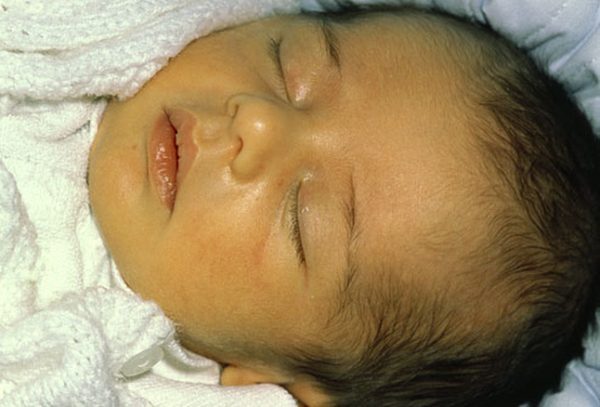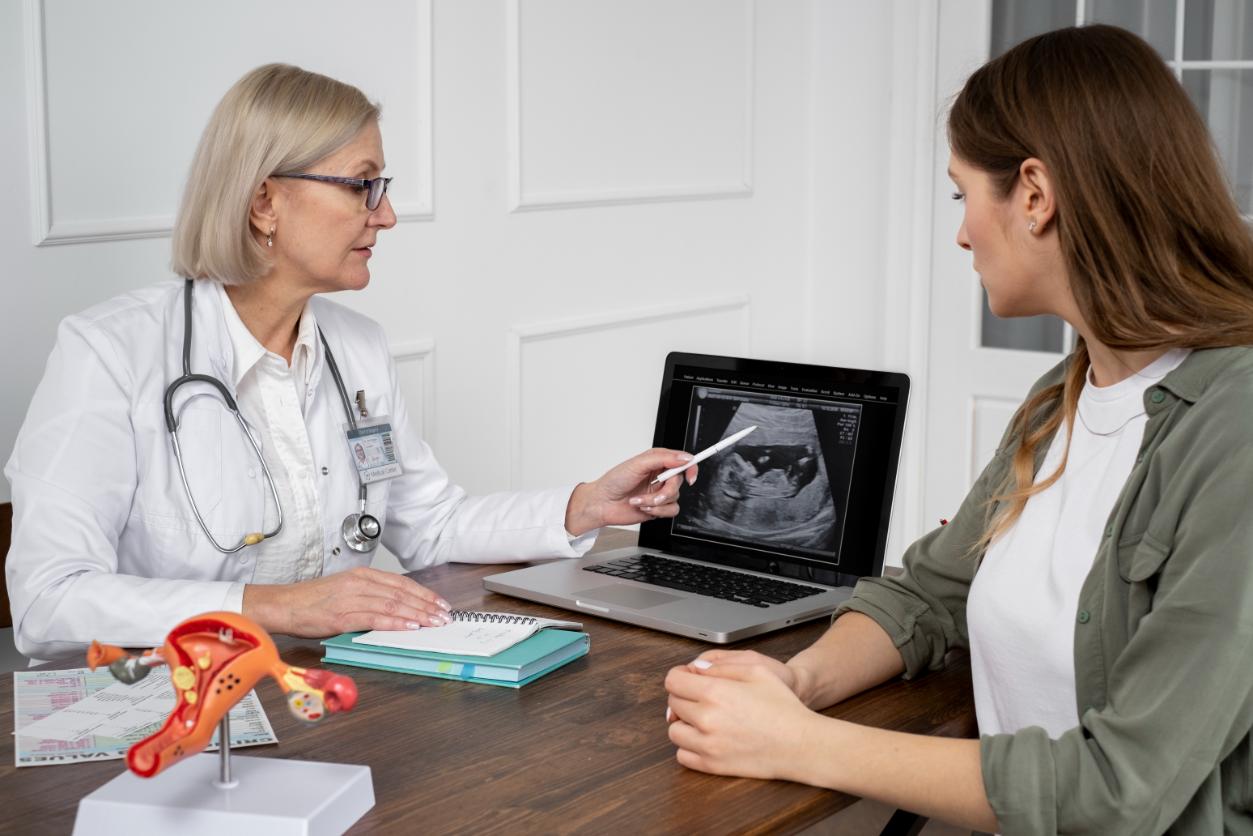
Laparoscopic Surgery, also called Key hole surgery, is a minimally invasive procedure in which small incisions are made to place a telescopic camera system into the abdomen. It allows your doctor to see the abdominal organs, sometimes make repairs, and biopsy suspicious growths or cysts. There are several advantages to the patient with laparoscopic surgery as compared to an open surgery.
Laparoscope – the device
There are two types of laparoscope –
1. A telescopic rod lens system, connected to a video camera.
2. A digital laparoscope where a miniature digital video camera is connected at the end of the laparoscope.
Laparoscopy – the procedure
Laparoscopy is performed by administering general anesthesia. Post administering anesthesia, doctor will make a small cut around your belly button. Through this cut, a needle is inserted to fill the abdomen with carbon dioxide (CO2) gas. CO2 gas bulges the abdomen hence giving room for doctors to see the organs and move the surgical instruments. Then the surgeon will place the laparoscope through the cut. In case of repairs post investigation, two or three more small cuts will be made to place the surgical instruments for the repair. It is often an outpatient surgery, and a patient can go home after a few hours.
Laparoscopy and Infertility
Certain pelvic factors influence fertility and these issues include scar tissues from infection, injuries or surgeries, endometriosis, polyps or fibroids, ovarian cysts etc. Laparoscopy can used to detect such pelvic factor issues, which are not seen in an ultrasound. Usually, Laparoscopy is performed only after other infertility testing has been completed and the symptoms warrant a Laparoscopic testing.
In certain cases, doctors can correct the issue then and there while performing a laparoscopic surgery.
For some women who have undergone the laparoscopic surgery, to remove fibroids or unblock a fallopian tube or repair a hydrosalpinx, or for endometriotic lesions, the surgery actually increases their chances of getting pregnant.
There are certain problems which cannot be treated using laparoscopy. Very large ovarian cysts, multiple cancerous cells, fibroids that are deeply embeded in the wall of the uterus are better served by laparotomy.
Advantages of Laparoscopy over open surgery
– Small abdominal incisions and scars
– Decreased blood loss
– Shorter recovery time
– Less Pain
– Shorter hospital stay
For enquiries regarding laparoscopic surgery for fertility treatment, drop your enquiries here – www.KJKHospital.com/contact or call 0471 – 2544080 / 2544706 or 9447452568





